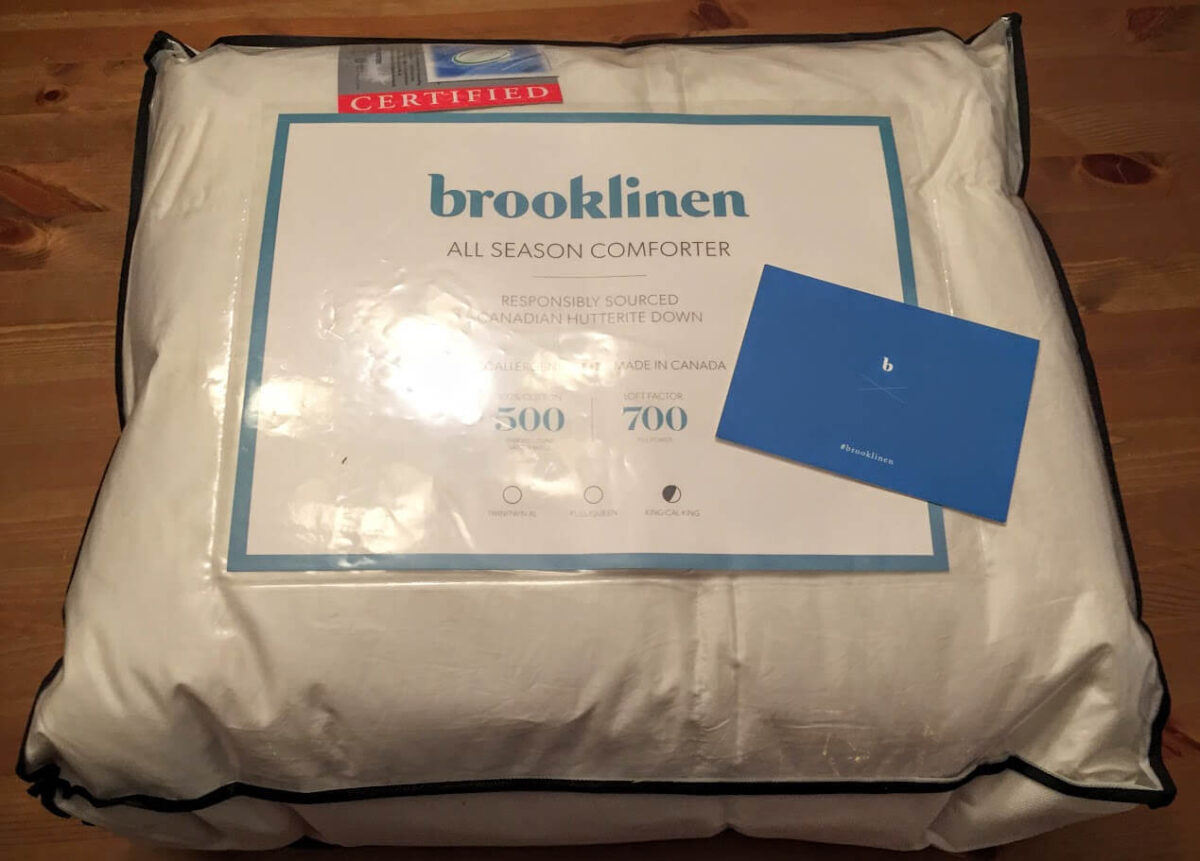The Most Effective Solution for Using GLP-1 to Improve Sleep Quality
Why GLP-1 Might Be the Key to Better Sleep
If you’re searching for a solution to enhance your sleep quality, look no further than GLP-1. This hormone, with its remarkable benefits, is gaining recognition not just for managing diabetes but also for significantly improving sleep quality. Let’s explore how GLP-1 could be your pathway to restful nights.
GLP-1 receptor agonists (GLP-1RAs) have emerged as a groundbreaking treatment, particularly for those who struggle with obstructive sleep apnea (OSA). One of the standout benefits of these medications is their potential to induce weight loss, which can alleviate OSA symptoms dramatically. Additionally, by regulating blood sugar levels, GLP-1 medications may help reduce the complications that often interfere with sleep.
In research studies—such as those involving tirzepatide (Zepbound)—evidence suggests that these medications not only assist with weight loss but also reduce episodes of sleep apnea, thereby enhancing overall sleep quality.
Understanding GLP-1 and Its Benefits
The Role of GLP-1 in Sleep Quality
Glucagon-like peptide-1 (GLP-1) is a hormone produced in the gut that plays a vital role in regulating blood sugar and appetite. Its significance in weight management and diabetes treatment is widely acknowledged, but its impact on sleep is less known yet equally important. Here’s how GLP-1 functions:
1. Regulates Blood Sugar: GLP-1 prompts insulin release, keeping blood sugar levels stable.
2. Slows Digestion: By minimizing stomach emptying speed, it promotes prolonged feelings of fullness.
3. Controls Appetite: GLP-1 signals the brain when you’re full, aiding in weight loss and naturally curbing excessive eating.
The effectiveness of GLP-1RAs in managing diabetes and obesity is now complemented by emerging insight into their potential effects on sleep.
The Impact of GLP-1 Medications
There are several GLP-1 medications, each with distinct advantages. Here’s an overview of the most notable:
– Tirzepatide (Zepbound, Mounjaro): This dual agonist targets GLP-1 and GIP (Gastric Inhibitory Polypeptide), showing promising results in clinical trials with a 63% reduction in sleep apnea episodes.
– Semaglutide (Ozempic, Wegovy): Known for its potent weight loss capabilities, Semaglutide also helps alleviate symptoms associated with sleep apnea by promoting weight reduction.
– Liraglutide: While effective, its impact on sleep improvement may be less pronounced compared to Tirzepatide and Semaglutide.
These medications mimic natural GLP-1 and enhance its beneficial effects on metabolism, appetite control, and, crucially, sleep quality.
Clinical Trials and Real-World Insights
Numerous clinical trials underscore the benefits of GLP-1 medications. One significant study found that participants taking Tirzepatide lost an impressive 18-20% of their body weight, correlating with a substantial decrease in sleep apnea occurrences. Semaglutide has also shown promise in minimizing cardiovascular risks while enhancing sleep quality, particularly through weight management. This highlights the potent synergy between weight loss and improved sleep.
GLP-1 for Sleep: How It Can Help
Addressing Obstructive Sleep Apnea (OSA)
Obstructive Sleep Apnea is a prevalent sleep disorder affecting over 900 million people worldwide. Its correlation with obesity exacerbates the condition, making weight loss a critical component of treatment. Clinical findings indicate that GLP-1 medications, particularly Tirzepatide, can significantly reduce sleep apnea events. Notably, participants in one study reported a 66% decrease in these occurrences compared to a mere 10% in placebo groups.
Dr. Atul Malhotra, Director of Sleep Medicine at UC San Diego Health, emphasized the significance of these results, suggesting a transformative potential in approaching OSA management.
Weight Loss and Enhanced Sleep Quality
Excess weight is a leading risk factor for OSA and other sleep issues. Thankfully, GLP-1 medications like Tirzepatide and Semaglutide facilitate considerable weight loss, improving sleep quality as a natural outcome. Reports from Eli Lilly indicate that users can typically expect to shed 18-20% of their body weight, leading to notable reductions in apnea events and better overall rest.
Dr. Jane Smith, an endocrinologist, shares that GLP-1 receptor agonists represent a comprehensive strategy in managing obesity and sleep-related challenges.
How to Use GLP-1 Medications for Better Sleep
Starting GLP-1 Treatment
Before embarking on GLP-1 treatment, it’s crucial to consult a healthcare provider. A comprehensive evaluation will determine if these medications suit your particular needs, especially if you’re managing conditions like obesity and OSA.
##### Administration and Dosage
GLP-1 medications are typically administered through subcutaneous injections in areas such as the abdomen, thigh, or upper arm. Consultation with your healthcare provider will ensure proper technique and dosage.
Monitoring Progress and Embracing Lifestyle Changes
Keeping track of your sleep patterns and apnea events is essential, as this data will help measure the effectiveness of the treatment. Advances in technology, like sleep-tracking devices, offer valuable insights into sleep quality and disturbances.
Integrating healthy lifestyle changes can amplify the benefits of GLP-1 medications. Prioritize a balanced diet rich in fruits, vegetables, lean proteins, and whole grains, alongside regular exercise.
Frequently Asked Questions about GLP-1 for Sleep
How Does GLP-1 Affect Sleep?
GLP-1 levels can significantly impact sleep duration and efficiency. Many patients report improved sleep quality upon using GLP-1 medications, primarily due to the weight loss and enhanced metabolic health that these drugs facilitate.
Can GLP-1 Medications Improve Sleep Apnea?
Absolutely. Clinical trials have demonstrated that GLP-1 medications like Tirzepatide can lead to remarkable reductions in sleep apnea events, which translates to improved overall sleep quality.
Conclusion
At Yawnder, we recognize the profound connection between quality sleep and overall well-being. The advantages of GLP-1 medications extend beyond diabetes management; they significantly enhance sleep quality, especially for those grappling with obstructive sleep apnea.
With GLP-1 receptor agonists like Tirzepatide and Semaglutide showing impressive results in reducing sleep disturbances, this innovative treatment may be the key to unlocking better sleep. By prioritizing sleep health and exploring effective treatments like GLP-1, you can pave the way for a transformative journey towards restful nights and improved life quality. For more insights into enhancing your sleep, consider discussing these options with your healthcare provider.



















